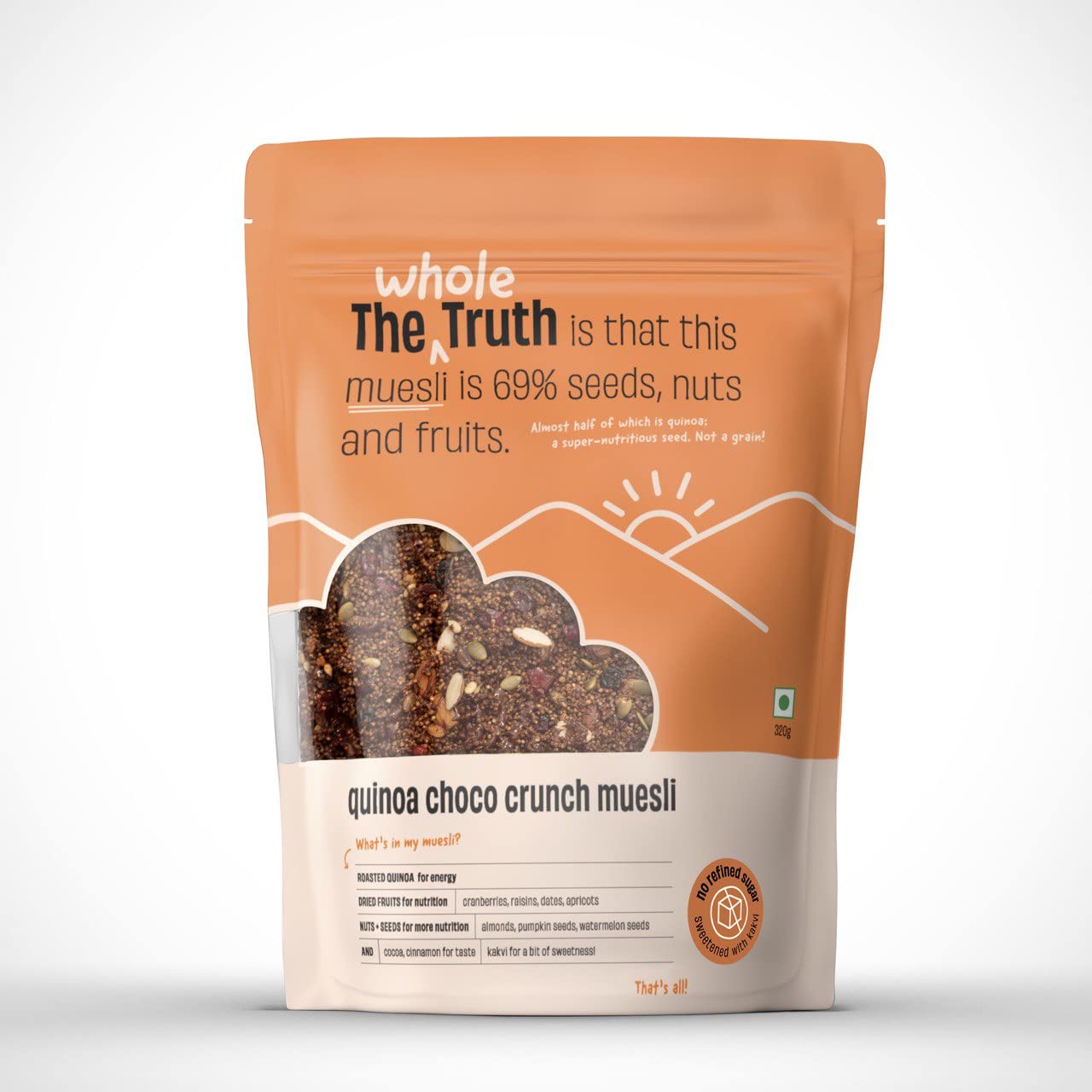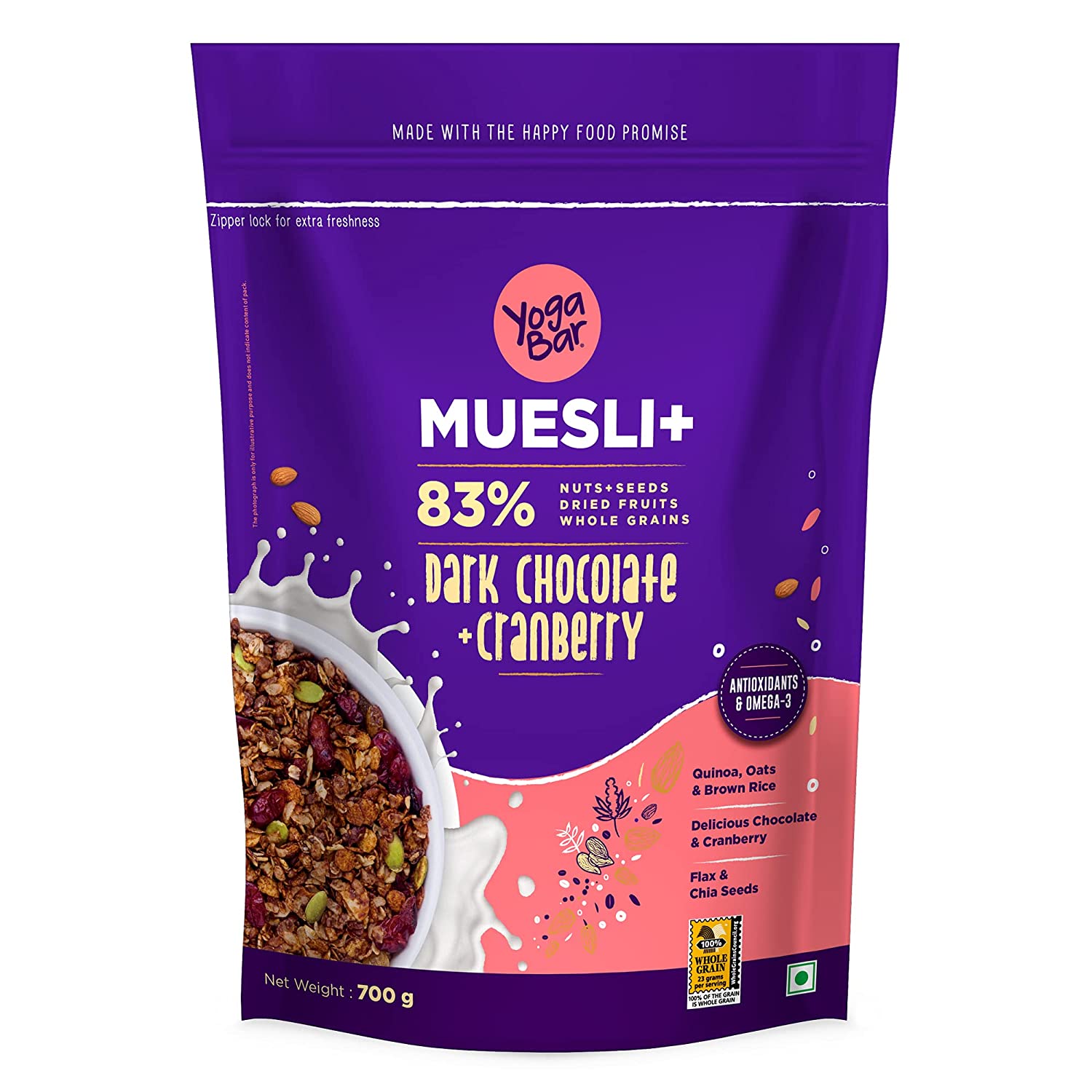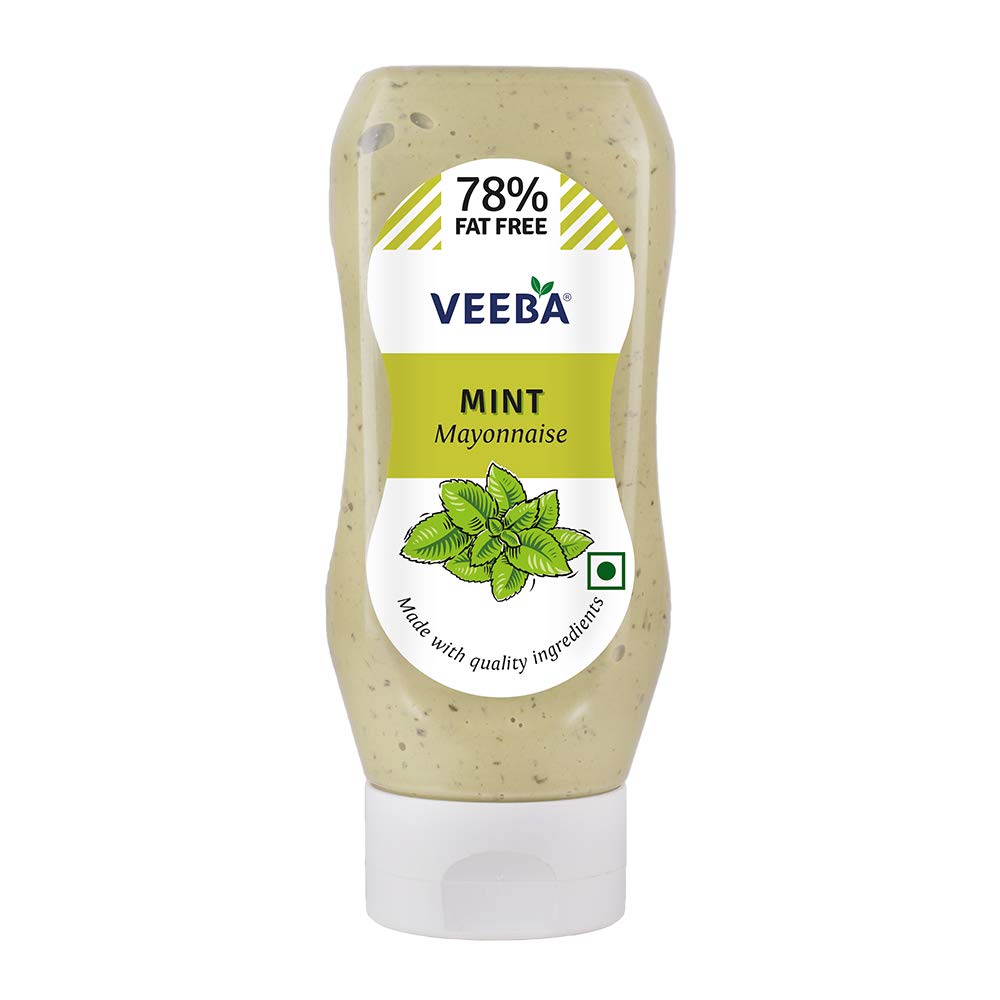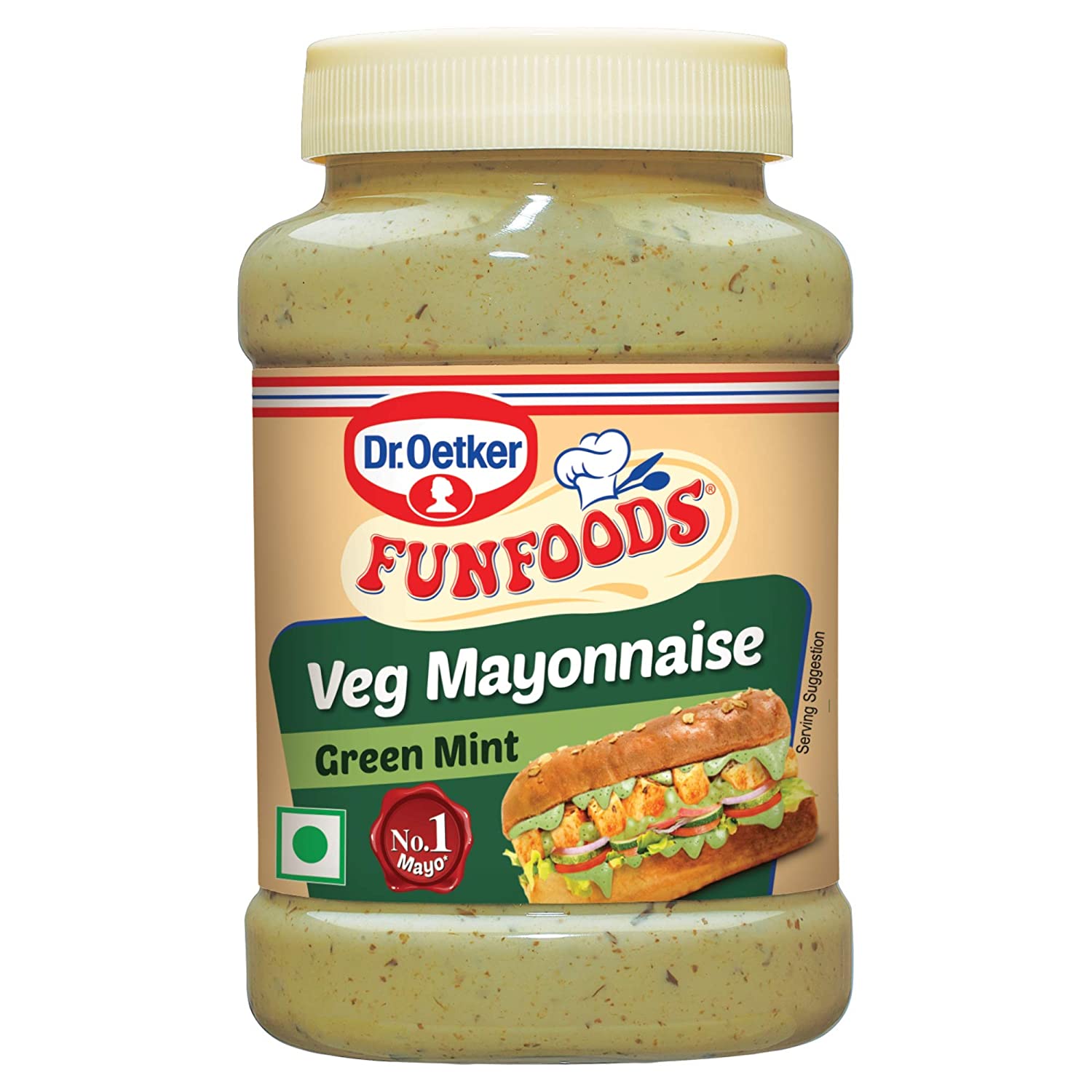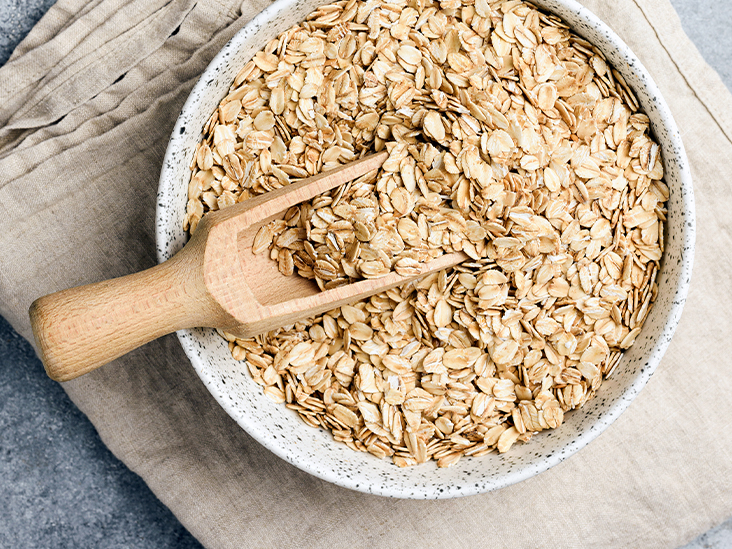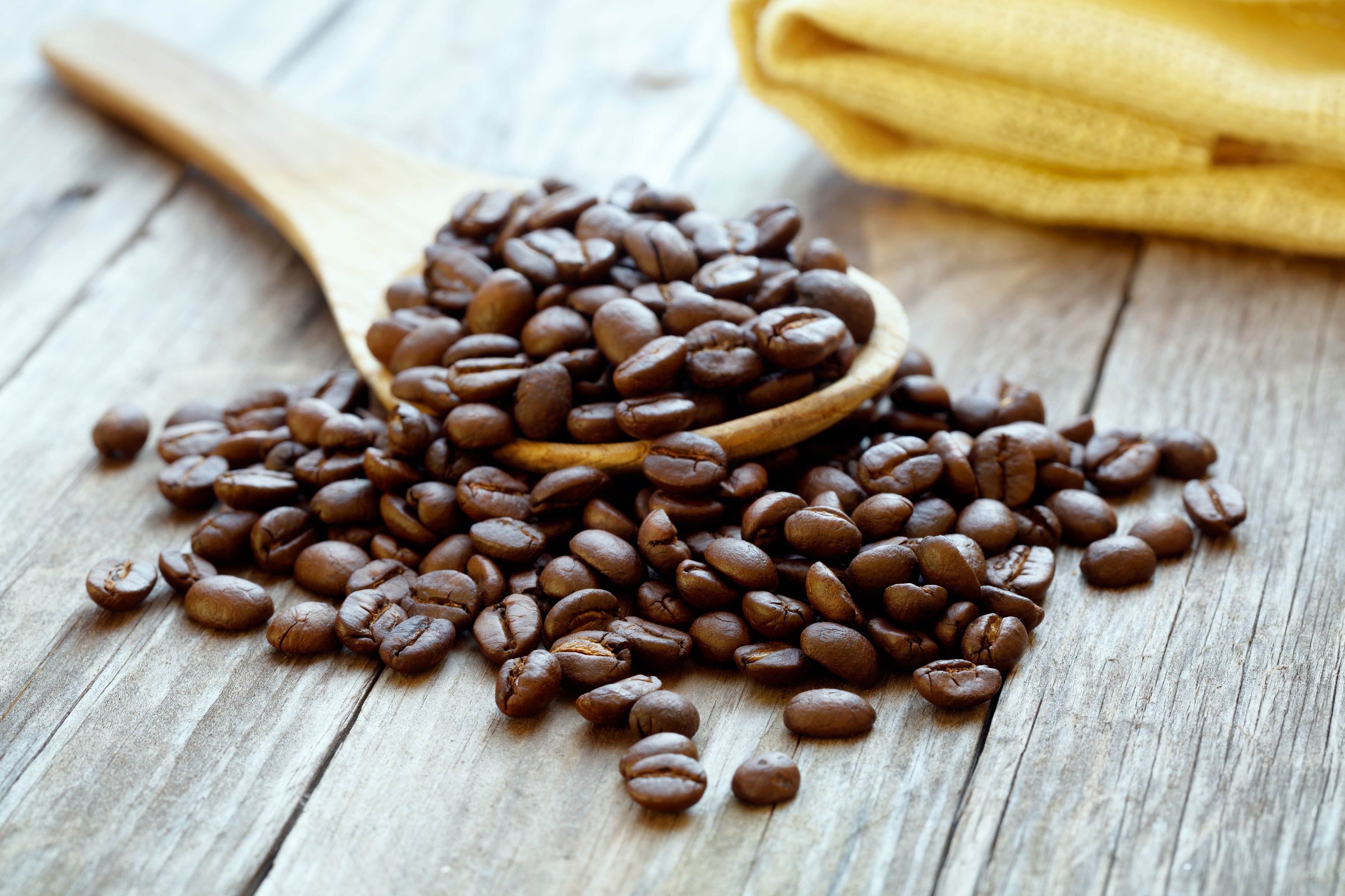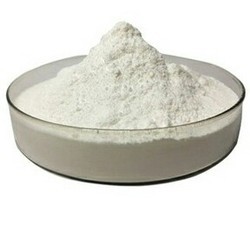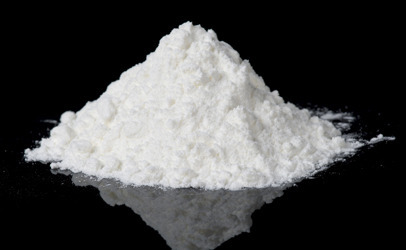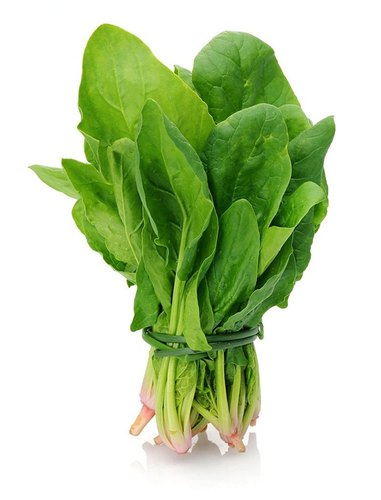Published Date January 24, 2003
Managing Gastroesophageal Reflux Disease (GERD)
By Arpita Sudev
5 min read
Last update date: January 24, 2003
All about acid reflux, oesophagal cancer and GERD.
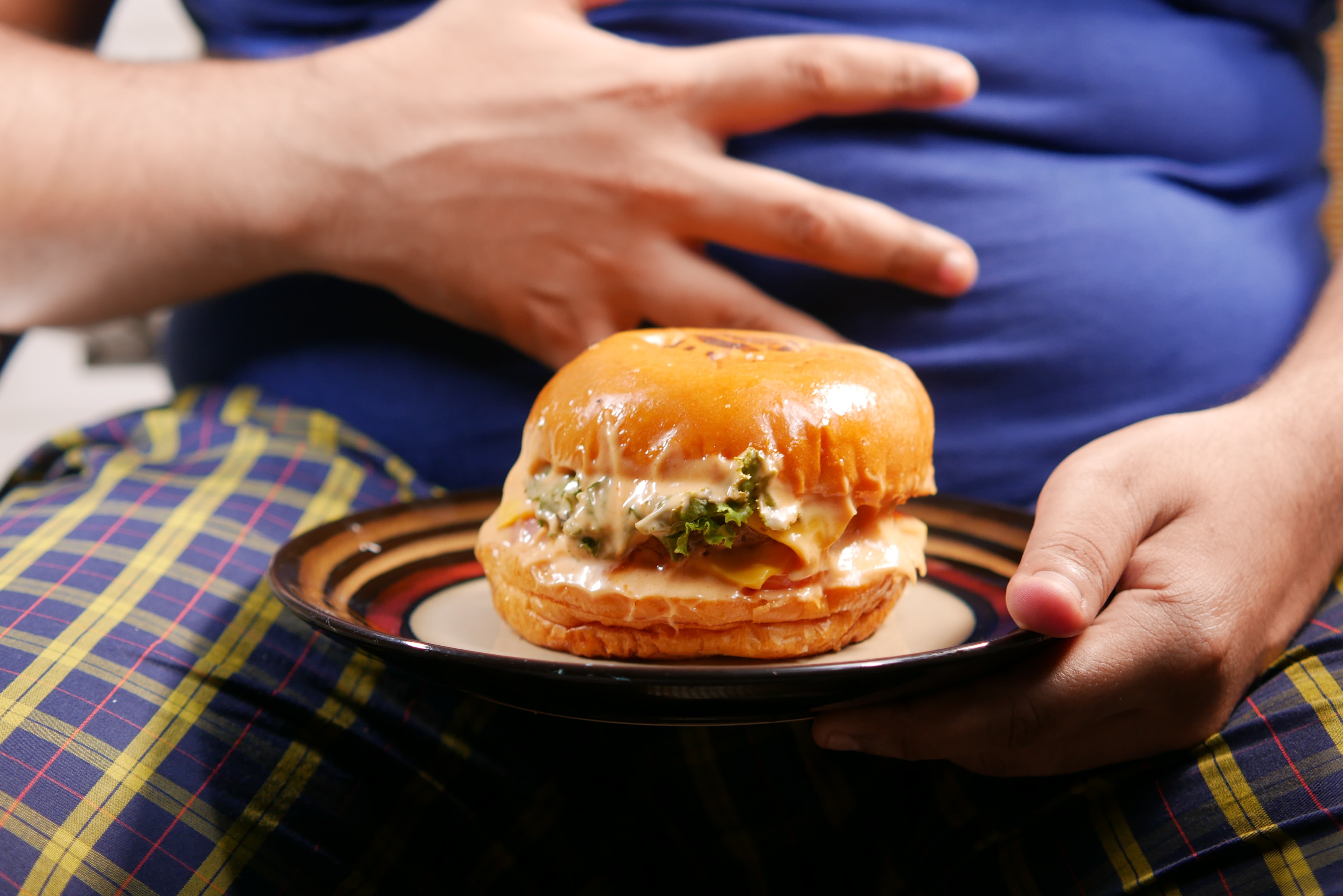
Gastroesophageal reflux disease (GERD) is a chronic stage of acid reflux and it occurs when stomach acid frequently flows back into the tube connecting your mouth and stomach (oesophagus). It can cause heartburn or regurgitation and can irritate the lining of your oesophagus.
If these symptoms of acid reflux occur more than twice a week, you might have a condition known as gastroesophageal reflux disease (GERD). Gastroenterologists, surgeons, and primary care physicians continue to see GERD as one of the most common diseases. The pooled prevalence of GERD in the Indian population is 15.6%. It occurs in all ages but, is most common in those older than 40 years of age. [1]
It should be noted that when you swallow, a circular band of muscle around the bottom of your oesophagus relaxes to allow food and liquid to flow into your stomach. Then the sphincter closes again. If this sphincter relaxes abnormally or weakens, stomach acid can flow back into your oesophagus. This backwash of acid causes inflammation.
The main symptom of GERD is acid reflux or heartburn. If you have acid reflux, you might develop a sour or bitter taste in the back of your mouth. It might also cause the regurgitation of food or liquid from your stomach into your mouth.
Other symptoms of GERD include
- Nausea
- Chest pain
- Pain when swallowing
- Difficulty in swallowing
- Chronic cough
- Bad breath
- Bleeding
- Choking
- Chest pain
Conditions that increase your risk of GERD include
- Overweight/Obesity
- Bulging of the top of the stomach up into the diaphragm
- Pregnancy/Lactation period
- Scleroderma
- Delayed stomach emptying
- Alcohol and smoking
- Eating large meals or eating late at night
- Eating fatty foods
- Certain medications or Chemotherapy
Complications of GERD
- Chronic Inflammation can cause the narrowing of the oesophagus, which damages the lower oesophagus causing scar tissue to form.
- Open sores in the oesophagus due to stomach acids causes pain and make swallowing difficult.
- Precancerous changes to the lining of the oesophagus increase the risk of oesophagal cancer.
- Precipitation of an asthma attack
- Haemorrhage
- Oesophageal ulcers
Management of GERD
- The primary goal of therapy should be to alleviate or eliminate the symptoms
- Decrease the frequency of recurrence and duration of gastroesophageal reflux
- Prevent the development of complications
- Promote healing of the injured mucosa
- Avoid large meals, acidic foods (citrus/ tomato), caffeine, chocolate, onions, garlic, and peppermint.
- Avoid lying down on the bed immediately after a meal
- Avoid clothing that is tight around the waist
- Maintain healthy body weight
- Treating with antacids under a doctor’s prescription
- Clinical diets for GERD patients (pre and post-surgery)
- Avoid tobacco products/smoking
Management of GERD requires a multifaceted approach, taking into account the symptom presentation, endoscopic findings, likely physiological abnormalities, and body mass index (BMI). Medical management includes lifestyle modifications and pharmacologic therapy, principally with medications that reduce gastric acid secretion.
Conclusion
GERD conditions begin when there are some faulty alterations in lifestyle or food habits. So foods and drinks that trigger acid reflux and heartburn symptoms should be eliminated from the diet to prevent the condition. Severe symptoms can be alarming and immediate action should be taken to prevent further delay.
References
- https://link.springer.com/article/10.1007%2Fs12664-020-01104-0
- https://journals.lww.com/ajg/Fulltext/2022/01000/ACG_Clinical_Guideline_for_the_Diagnosis_and.14.aspx
- https://www.mayoclinic.org/diseases-conditions/gerd/symptoms-causes/syc-20361940
- https://www.webmd.com/heartburn-gerd/guide/reflux-disease-gerd-1
- https://my.clevelandclinic.org/health/diseases/17019-gerd-or-acid-reflux-or-heartburn-overview
Related Items
Choose Healthy With Us.
Know the real truth about your food. Stay informed and healthy, for free.

Download the App Now
Certified nutritionists trust our food recommendations. Safe to say, so can you :)





